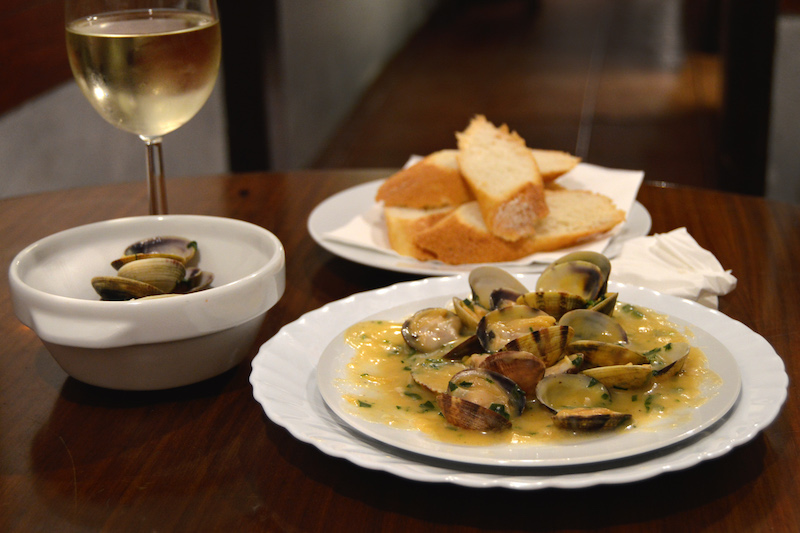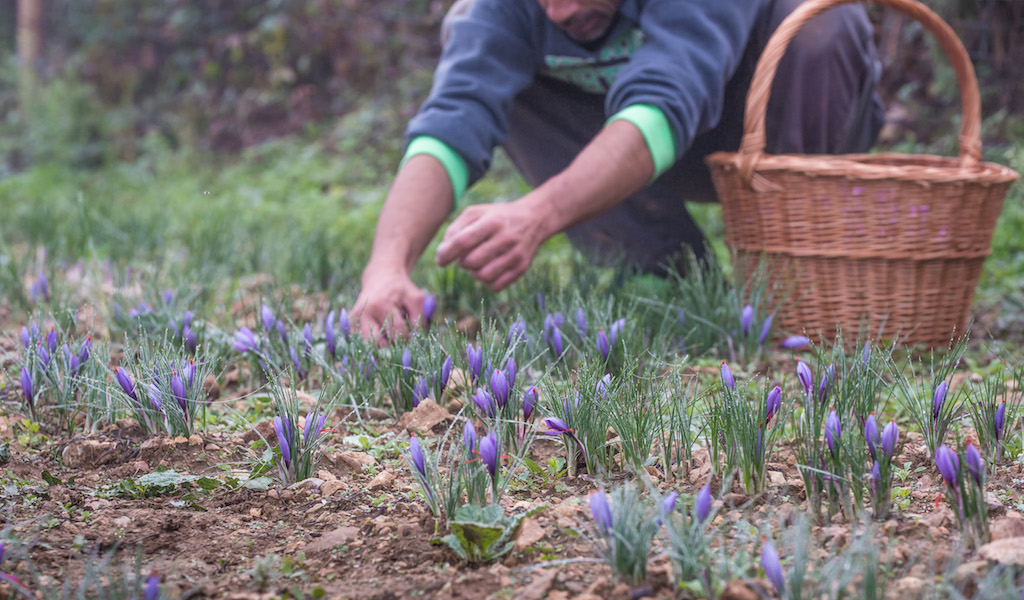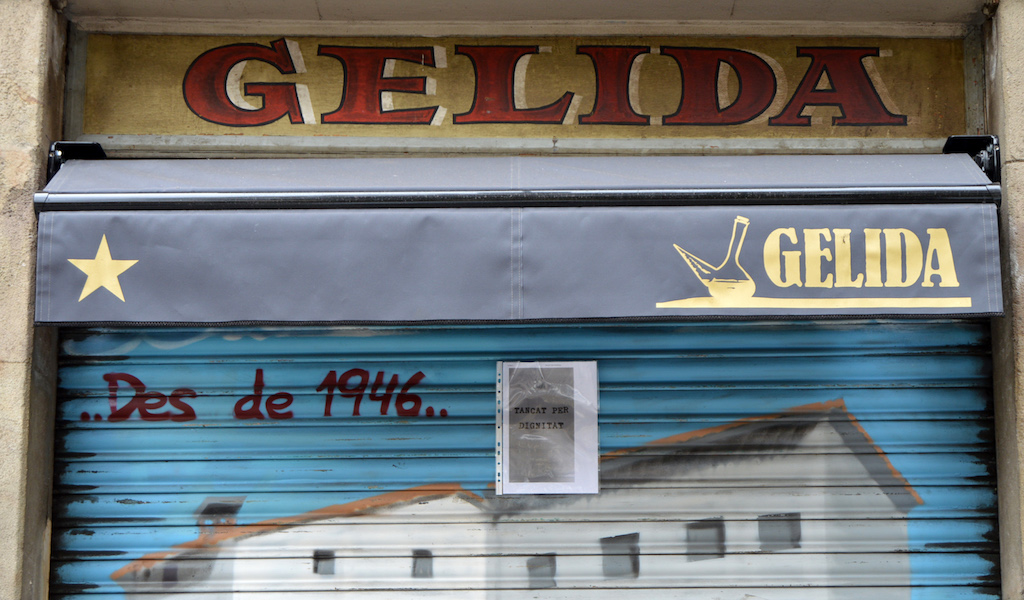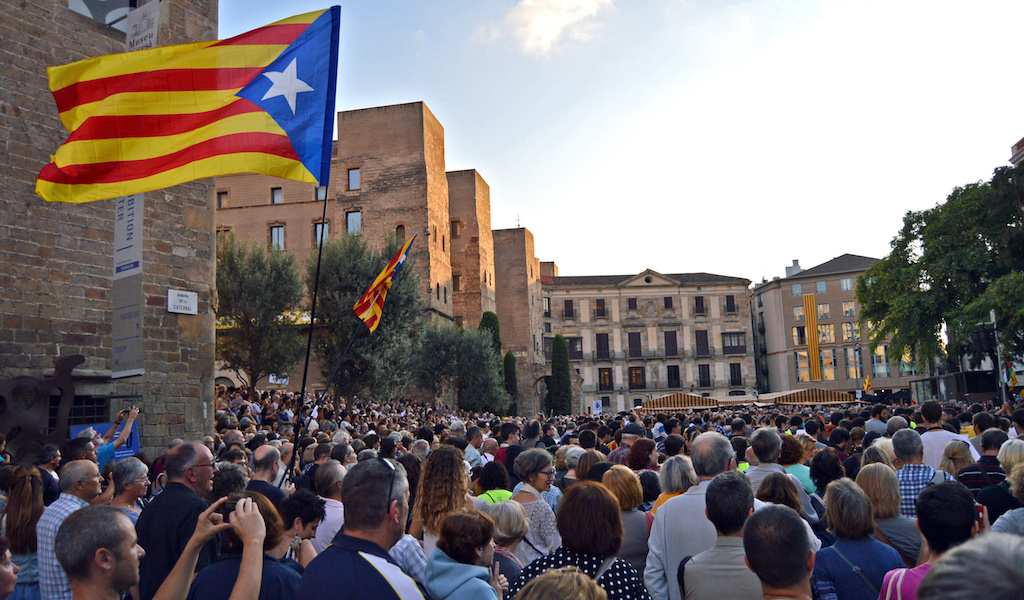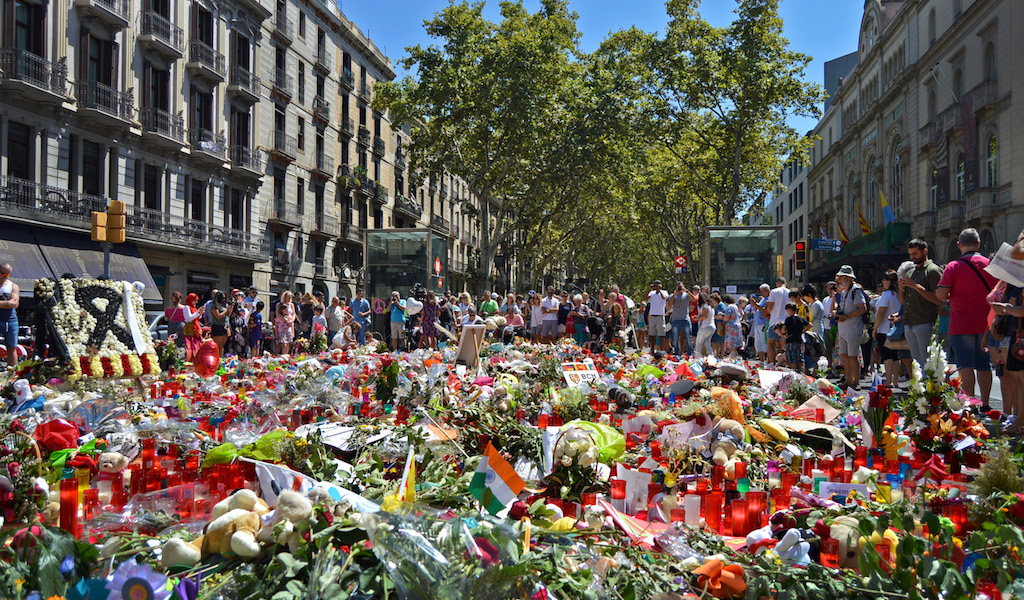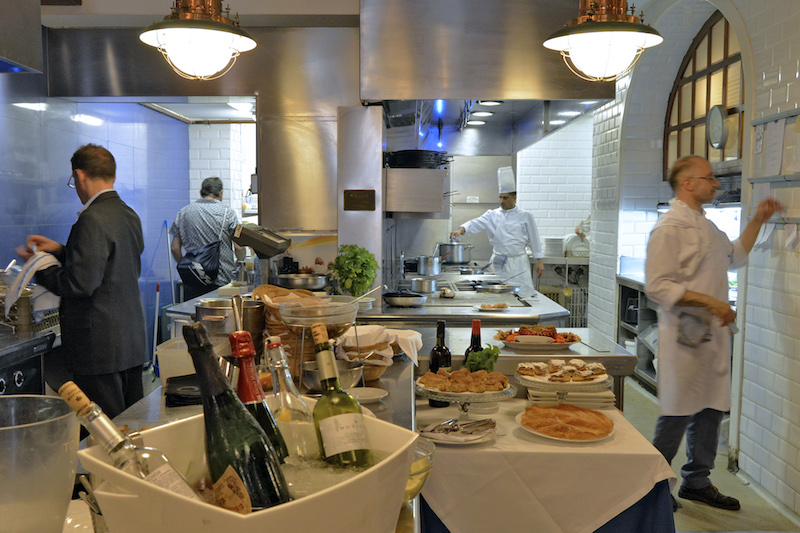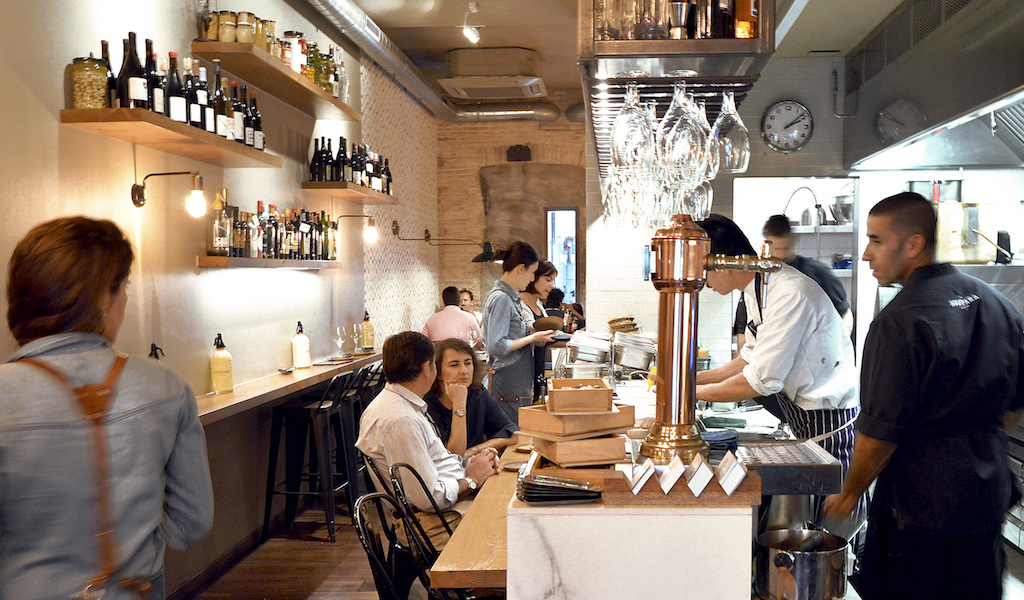We can't find the internet
Attempting to reconnect
Something went wrong!
Hang in there while we get back on track
Search results for "Paula Mourenza"
Barcelona
Bodega Neus: First Came the Wine, Then Came the Seafood
Bodega Neus, a tranquil, cozy spot on a narrow street in Gràcia, may look like a regular old bodega-restaurant. But this place, which is celebrating its centennial in 2017, merges two culinary traditions with deep roots in Barcelona: wine and seafood. In the beginning, Bodega Neus was a bulk wine-shop. Over the decades, it morphed into a bar and then a restaurant; during the course of it’s 100-year history, it was owned only by two families, both of which respected the spirit of the bodega and the traditional recipes that anchored the menu.
Read moreBarcelona
Harvest Week: Catalan Saffron, a Crop Revived
Saffron may be most commonly associated with Iran, currently the world’s largest producer of this costliest of spices, but it has a long and storied history across the Mediterranean, particularly in Spain. Once an important saffron producer and trading center, Catalonia has seen a resurgence in saffron cultivation in recent years. The spice, which comes from the Crocus sativus, a fall-flowering crocus, has a long history; ancient civilizations, including the Persians, Egyptians, Greeks, Romans and more, put saffron in all sorts of foods and drinks, and also used it for medicinal purposes and as a dye. The common belief is that saffron was introduced to the Iberian Peninsula by the Moors in the 9th or 10th century.
Read moreBarcelona
Barcelona Post-Referendum: Difficult to Digest
I used to joke that the only thing binding together Spain is the classic tortilla española, which in Catalonia we refer to as the tortilla de patatas – a neutral name. This potato omelet is one of the very few traditional dishes that is prepared the same way (and equally beloved) throughout Spain’s Autonomous Communities, the regions created after the Spanish Constitution of 1978, a necessary step towards creating a democratic country after the end of Franco’s dictatorship. The fact that this is one of the few dishes we all have in common highlights the significant regional differences of our traditional cuisine, despite our common Mediterranean culinary culture.
Read moreBarcelona
Bubbling Over: Barcelona Braces for the Catalan Independence Referendum
Bar chats are on fire these days in Barcelona. As the controversial Catalan independence referendum draws closer, it’s not uncommon to witness spontaneous private discussions or overhear customers express passionate or indignant comments while reading the newspaper or watching the news on the bar’s TV. There is tension in the air, and bars, perennially popular agoras for debate, have become even livelier places. Many Catalans, whether pro-independence or not, will find themselves voting under difficult conditions on Sunday, October 1, in the controversial referendum organized by the Catalan government.
Read moreBarcelona
Barcelona’s Healing Outdoors
After last week’s horrific terror attack, Barcelona’s Las Ramblas are back to life: candles, flowers and messages written on any available surface share the place with a dense river of humanity walking along the boulevard or having a coffee in one of its terraces. Instead of giving in to fear or hate, Barcelonans have made a defiant show of sticking to their summer routine of going out and taking advantage of their city’s abundant outdoor spaces, turning them into places of healing. With this response in mind, we dedicate our guide to outdoor dining in Barcelona to the victims of last week’s attack and to the multitudes of people that, in all their cultural diversity, always were and will be the peaceful essence of Las Ramblas de Barcelona.
Read moreBarcelona
Carballeira: Seafood For the Ages
The Spanish Civil War may have ended five years earlier, but in 1944 Barcelona was still recovering from the conflict. Franco’s budding dictatorship had put in place a complicated social and economic situation, while the city’s port – home to a humming underground black market – was rebuilding its fishing fleet, as fascist bombs had destroyed most of the boats during the war. Amidst all this action and uncertainty, the Galician Millán family opened a restaurant named Carballeira on Reina Cristina Street, in the Pas de Sota Muralla neighborhood of Port Vell (Old Port). Fisherman and port workers flocked to the restaurant, where over fish soup, grilled sardines, prawns or a bowl of hearty Galician Caldo Gallego – and almost certainly a glass of wine – they talked about the situation.
Read moreBarcelona
La Mundana: Vermut Culture 2.0
Sants is a working neighborhood with an industrial past and a communal present, both of which it proudly flaunts. There are the street names – like L’Espanya Industrial, Carrer Wat (dedicated to the engineer James Watt) and Vapor Vell (Old Steam) – that tell the story of industrialization in Catalonia, and the two buzzing municipal markets and the many bodegas and restaurants, like Terra de Escudella or Bodega Salvat, that serve as meeting points for an engaged community. Although shaped by a diverse set of international influences, the neighborhood’s sophisticated culinary scene is tied together by something more local: vermut culture.
Read more